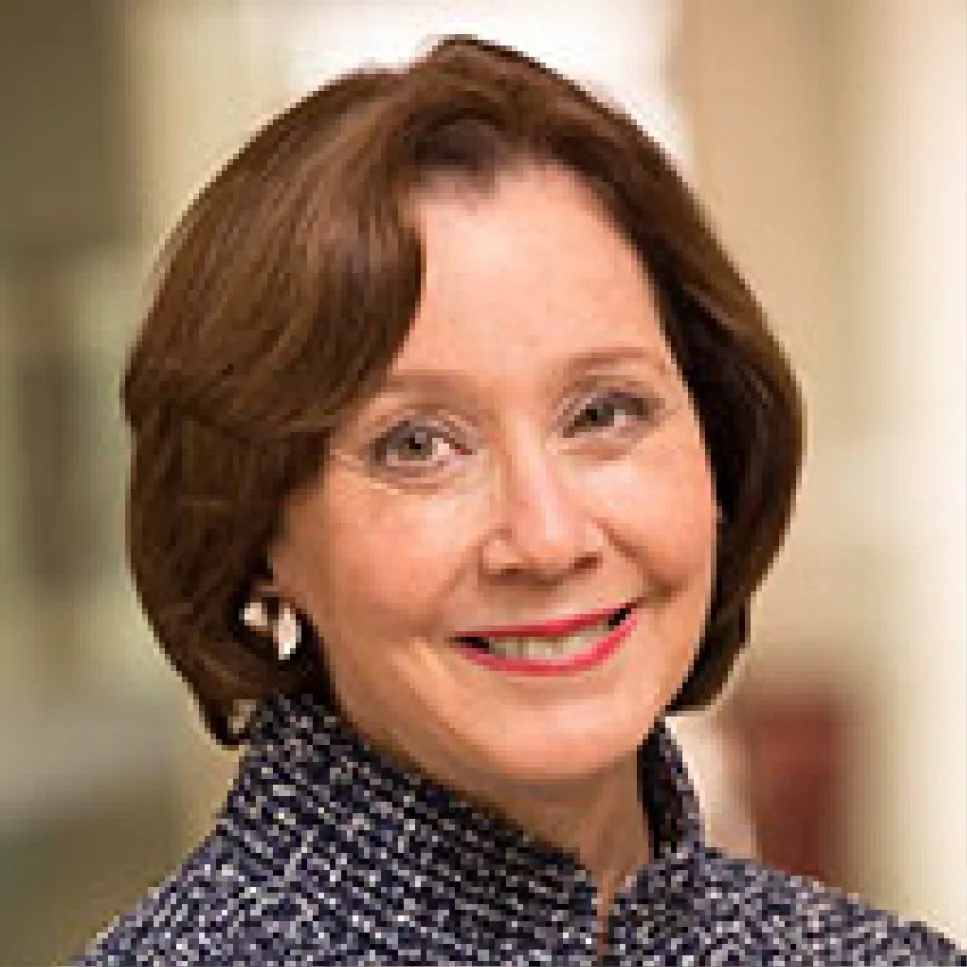Women’s Rising Power: More Money Means More Giving
Despite increased focus on women’s empowerment, an essential ingredient for women to succeed is often left to chance: financial competence.
Published by Thrive Global on May 17, 2018.
Give a woman a dollar, and she can put it to good use. Teach her about how money really works, and she can change the world.
This “modern-day take” on an ancient proverb is not the lesson that most young women are taught. Despite increased focus on women’s empowerment, an essential ingredient for women to succeed is often left to chance: financial competence.
$59 trillion will transition from older generations to Gen X and Millennials over the next 30 years. Thanks to the convergence of gendered societal trends — including women’s increased education, earning, and longer lives — Gen X and millennial women will have more influence and control over this enormous wealth than any generation before. The growing number of women making more financial decisions of all kinds will have a compounding impact on what they do with the increased financial assets they will earn, inherit, and control.
Yet there’s a huge problem at the crux of this transition: women still aren’t taught about money and investing, and this knowledge gap puts them at a distinct disadvantage when they get into the driver’s seat for significant financial decisions.
This is exactly why the recent research by the Women’s Philanthropy Institute (WPI) about the generational transmission of philanthropy, especially between parents and daughters, is a wake-up call and offers a new way to think about women and money.
The research found that when parents practiced charitable giving, their children were significantly more likely to give themselves as adults. This relationship is especially significant for daughters, who are more likely than sons to follow in their parents’ footsteps when it comes to philanthropy. Giving habits formed early in life stuck with these women, long after they had left their parents’ homes. They kept giving, and they kept giving more.
WPI’s research also suggests that parents can use charitable giving as a means of creating a dialogue about money with their children, and that dialogue can be an effective way to teach other money skills as well, such as spending, saving, and investing. Financial literacy + generosity = good results.
If this powerful triumvirate – money, investing, and philanthropy – can be harnessed as a means of engaging our daughters to be bold economic leaders, future generations of women will be better prepared to use their considerable financial influence to create the lives they want to have in the world they want to inhabit, through a strategic combination of investments, philanthropy and conscious spending. The long-term impact on families and society can be huge.
All the top female philanthropists with whom I have worked have supported these findings. They have told me that they learned a crucial lesson from their parents: that having sound financial skills goes hand-in-hand with making significant philanthropic impact. These women were fortunate to have parents who served as financial and philanthropic mentors, and were as such well-positioned to make big financial decisions once they took over the reins.
My experience working with affluent women has also revealed that women don’t lack interest in making sound financial decisions; they know that money is the key to progress. Rather, I’ve found that these women intuitively want to use their financial resources to advance the concerns they care about, whether that is their family, college, community, or a larger societal issue.
The challenge however is that many women experience a disconnect between the concept of having a worthy goal and the knowledge of how to take the financial steps necessary to make a dream a reality. This can partly be attributed to Wall Street and its long-time preclusion of women into the arcane lexicon of finance. Moreover, the Street’s approach of “more for more’s sake” just doesn’t capture the minds and hearts of many women. Rather than being driven to accumulate larger and larger amounts of money or “beat the market,” women investors want to achieve financial security defined by their own personal goals and ability to impact others.
Ironically, this tendency can create an unfortunate blind spot for women. Without the financial skills to see how the whole system works – both its potential risks, and its rewards – women may not adequately understand their true financial picture. Unless they take clear and tangible actions to link spending, saving and investing to reach specific financial goals, they may be putting their own financial security at risk, or their big plans on permanent hold. Being effective stewards of one’s own personal wealth gives women a voice at the table when important philanthropic decisions are made.
So, it’s not surprising to me that when women DO receive training, encouragement, and opportunity, they respond with interest and follow through on that interest with effective actions. From sound financial habits to impactful philanthropy, the next generation will be better prepared and highly motivated to act if we continue to mentor them.
WPI’s findings, therefore, offer a compelling path forward. Encouraging our daughters to embrace the power of money will enable them to enjoy the majesty of it, and create the change they want to see in the world. Teaching family values isn’t out of style; it’s needed now more than ever.
All opinions expressed by Linda Davis Taylor are solely her opinions and do not necessarily reflect those of Clifford Swan Investment Counselors. You should not treat any opinion expressed by Ms. Taylor as a specific recommendation to make a particular investment. Ms. Taylor’s opinions are based upon information she considers reliable.






